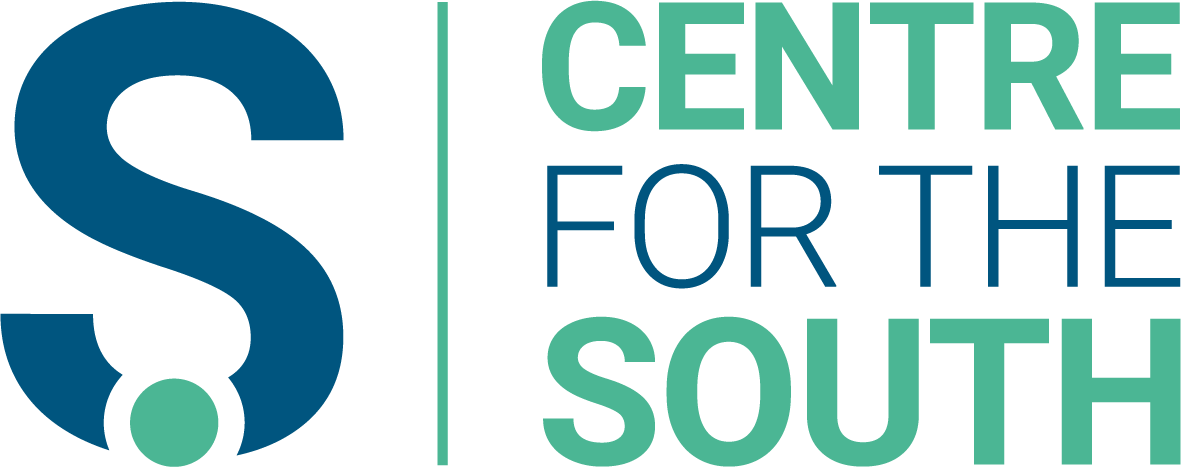Relationship Building With Minoritised Communities
This post has been co-authored by Dr Aude Campmas and Dr Ali Rowsell at the University of Southampton
A study to explore the priorities, needs and barriers for minoritised communities in accessing support for Domestic Abuse.
Domestic abuse is a significant public health and safety risk and impacts an individuals’ well-being and psychological health. We also know that there is a relationship between experiencing domestic abuse and heightened rates of trauma symptoms, depression, anxiety, Post Traumatic Stress Disorder (PTSD) and other mental health conditions. Evidence suggests that whilst women and other groups do find support and interventions from services in the voluntary sector beneficial to help them recover from domestic abuse, there are particular barriers and complexities surrounding supporting minoritised groups, including ethnic minority women, non-white British women, refugees and asylum seekers (women).
Why are we concerned about building relationships with and addressing the priorities, needs and barriers for minoritised communities in accessing support for Domestic Abuse?
We know that there are barriers in accessing support from domestic abuse services and that the concerns and priorities of minoritised groups are not well understood in our communities in Southampton, Portsmouth and South East Hampshire. We would like to understand more about these barriers, concerns and priorities by working directly with the groups affected. This will inform policy and practice on working with marginalised groups including ethnic communities, fostering inclusivity and preventing discrimination.
What are we planning to do?
In collaboration, with Portsmouth Abuse and Rape Counselling Service (PARCS) and other voluntary organisations, agencies and professionals in Southampton and South East Hampshire, we plan to explore how these services can foster inclusivity to support people from minoritised communities. We will interview community facilitators, group leaders, and interpreters representing local communities, including those from minoritised groups, as well as women from mioritised groups. During interviews and focus groups we will explore cultural considerations, potential barriers to accessing domestic abuse support, improving accessibility, use of interpreters, environmental considerations and fostering inclusivity.
If you are interested in this research and want to find out more, please email Aude Campmas: A.Campmas@soton.ac.uk
We are particularly looking for people to join our advisory group for this study.
